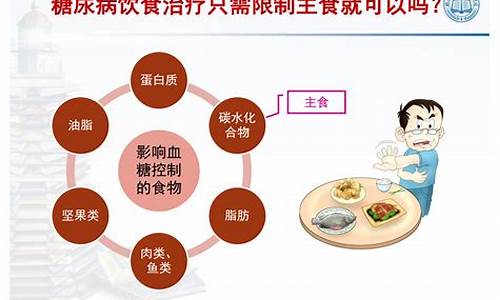In today’s world, with the rising awareness of healthy living, many people are trying to adopt better eating habits. However, misconceptions about what constitutes a healthy diet are still common. These health eating myths can often lead to confusion, making it harder for individuals to make informed choices. In this article, we will explore some of the most prevalent health eating myths, their misconceptions, and provide actionable solutions to help you make healthier choices. By understanding these common mistakes, you can adopt a more balanced and effective approach to nutrition.
Myth 1: Carbs Are Always Bad for You
One of the most common myths is that carbohydrates are unhealthy and should be avoided at all costs. While refined carbohydrates (like white bread and sugary snacks) can be harmful, whole grains, fruits, and vegetables provide essential nutrients and fiber. The key is to focus on complex carbohydrates, which are absorbed more slowly, helping to maintain stable blood sugar levels and providing long-lasting energy.
Myth 2: Fat Should Be Completely Eliminated
Another widespread misconception is that all fats are harmful. In reality, healthy fats, such as those found in avocados, nuts, seeds, and olive oil, are crucial for brain function, hormone production, and overall health. It is essential to differentiate between healthy fats and unhealthy trans fats found in processed foods. A balanced intake of healthy fats is necessary for maintaining a well-rounded diet.

Myth 3: You Need to Cut Out All Sugar
While excessive sugar intake can be detrimental to health, not all sugars are created equal. Natural sugars found in fruits and dairy are not the same as refined sugars in processed foods. Instead of completely cutting out sugar, it’s important to focus on reducing added sugars and incorporating more nutrient-dense, naturally sweet foods into your diet.
Myth 4: Eating Less is the Best Way to Lose Weight
Many people believe that eating less food will automatically lead to weight loss. However, cutting calories too drastically can slow down your metabolism and lead to muscle loss. Instead, focus on eating nutrient-dense foods that are high in vitamins, minerals, and protein. A balanced approach to eating, combined with regular exercise, is far more effective for sustainable weight management.
Conclusion: Correcting the Myths for a Healthier Life
By understanding and addressing these common health eating myths, you can make smarter dietary choices and improve your overall well-being. Rather than following the latest trends or extreme diets, focus on eating a balanced, nutrient-rich diet that includes healthy fats, complex carbs, and natural sugars in moderation. With the right knowledge and habits, you can lead a healthier, more energized life.